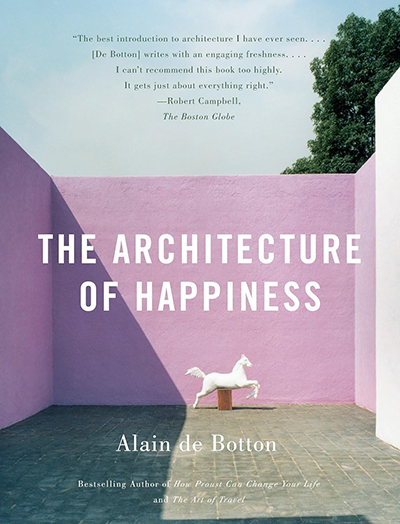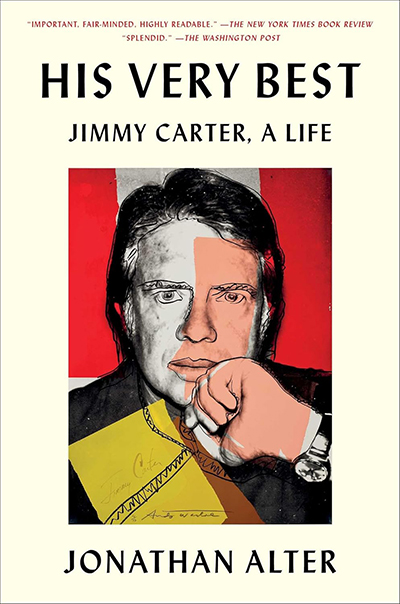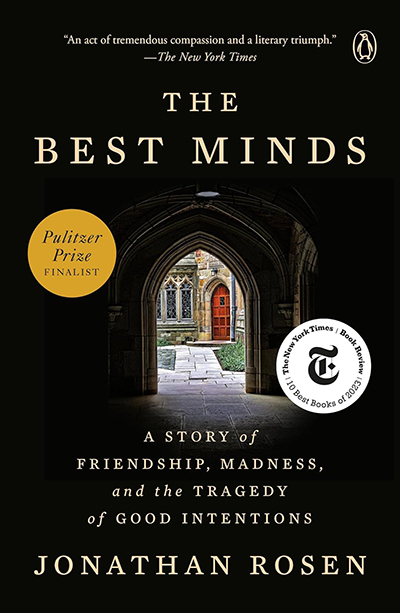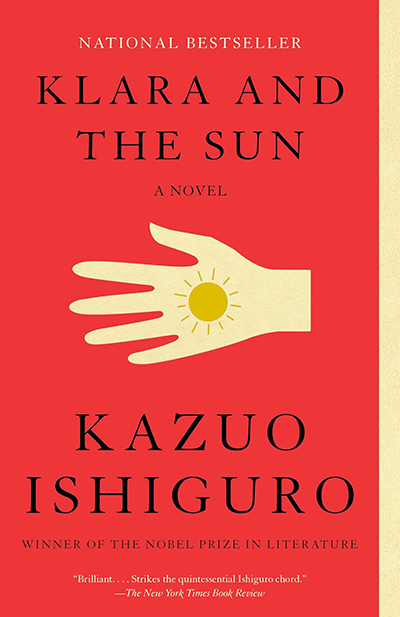

We asked our authors to recommend a book they had read over the past couple of years. Here is what they said:

The author explores how the spaces we inhabit influence and mirror our inner lives, shaping who we are and aspire to be. While many consider architecture and design to be either frivolous or merely functional, de Botton proposes that it is profoundly emotional and an embodiment of our ideals, values, and essence of self. By reflecting on the relationship between beauty, purpose and human flourishing, the author illustrates how our built environments can inspire growth, contribute to well-being, and act as a participant in the lifetime process of becoming. I believe this is a valuable perspective for educators and institutions to consider as we’re identifying and designing ideal spaces for learning. The environments we create—physically, emotionally, mentally, and spiritually—are interconnected and equally valuable. —Cristy Guleserian

Jimmy Carter is often described as “America’s best ex-president,” celebrated for his good works out of office rather than his policies while in office. This book complicates that story. Alter argues that, as president, Carter was often prescient, enacting policies that have stood the test of time. Readers will also be interested to learn about his personal side. Come for the discussion of Carter’s foresight on issues like the environment; stay for fascinating stories like Carter’s long-standing friendship with the Allman Brothers Band and . . . Bob Dylan. —David Campbell

This book by the novelist Jonathan Rosen is a nonfiction account of his childhood friendship with a gifted young man who suffers from schizophrenia and the way his genius masks his deep troubles even as a student in Yale Law School. The book also traces immense changes that were taking place in the policy world of mental health care that precipitated new and often poor approaches to the care of this vulnerable population. Rosen is a talented, introspective author who is brutally honest and wrote a book that’s hard to put down. —Erica Brown

I enjoyed reading and sharing with students this brilliant and timely novel that touches on several thought-provoking ethical questions like: In what circumstances are caregiving robots appropriate? What happens when human augmentation is common, but produces side effects for a percentage of people, like any medical procedure? And, when AI and robots are sufficiently human-like, perhaps crossing some philosophy of mind line, do they deserve certain rights rather than simply serving as discardable appliances? —Erhardt Graeff

In this mix of neuroscience and cultural history, McGilchrist argues that inherent in the division of our brain hemispheres in humans is a way of looking at and building the world. At the heart of his concern is the dominance of the left brain’s technical orientation that has broken free from the contextualizing right brain, which leads to an imbalance in our world. —Lester Liao
Fall 2024
Part I: Abundant Virtue
Laurie L. Patton
Sarah A. Schnitker
Patricia Snell Herzog
Melissa Fitzpatrick
Dirk Philipsen
Interlude: Generous Eyes, Radical Love
Fr. Martin Lam Nguyen, CSC
Part II: Abundant Vocation
MORE